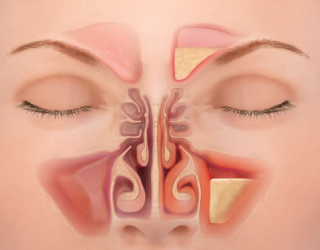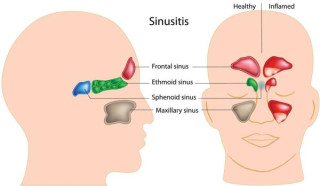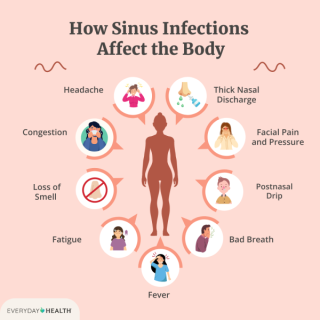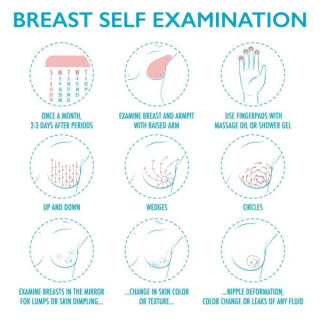Sinus Surgery: When Is It Necessary?updated at Nov 09, 2025 1,388 1,388 A small subset of individuals suffering from chronic sinusitis may find themselves unresponsive to even the most comprehensive medical treatments.Research suggests that, |
Understanding the Interplay Between Allergies and Sinusitiscreated at May 08, 2009 1,402 1,402 Allergies and sinusitis frequently interact, |
How long does sinusitis have to be treated?updated at Nov 07, 2025 1,243 1,243 The required duration of sinusitis treatment is highly variable, |
Can you do a culture to find out what bacteria are causing sinus infection?created at May 08, 2009 1,296 1,296 To identify the bacteria causing a sinus infection, |
Why do I have to keep my nose clear? I can breathe through my mouth.created at May 07, 2009 1,378 1,378 While you can breathe through your mouth, |
Navigating Side Effects from Sinusitis Medications: What You Need to Knowcreated at May 07, 2009 1,439 1,439 Sinusitis medications, |
The non drug remedies for sinus infectionupdated at Nov 03, 2025 1,352 1,352 Several non-drug remedies can provide relief from sinus infection symptoms.It's crucial to understand these are supportive measures, |
Exploring Antibiotics for Sinus Infections: Understanding Treatment Optionsupdated at Nov 07, 2025 1,574 1,574 Sinus infections, |
How to remove Attached Ticks ?updated at Nov 08, 2025 1,490 1,490 Prompt tick removal is crucial, |
Treatment for Lyme diseasecreated at May 06, 2009 1,346 1,346 Lyme disease is treated with antibiotics, |
Side effects of Vulvar Cancer Surgeryupdated at Nov 11, 2025 1,620 1,620 Curative surgery for vulvar cancer, |
Exploring Treatment Options for Bone Cancer: A Comprehensive Guidecreated at May 03, 2009 1,568 1,568 Treatment for bone cancer depends on several factors including the type and location of the cancer, |
What should I do if I find a lump while performing a monthly breast self-exam?created at May 03, 2009 1,329 1,329 Finding a lump during a breast self-exam doesn't automatically mean it's cancerous, |
Blood Pressure Machine Said I Have No Blood Pressure!?updated at Dec 14, 2024 1,491 1,491 If your blood pressure machine says you have no blood pressure, |










